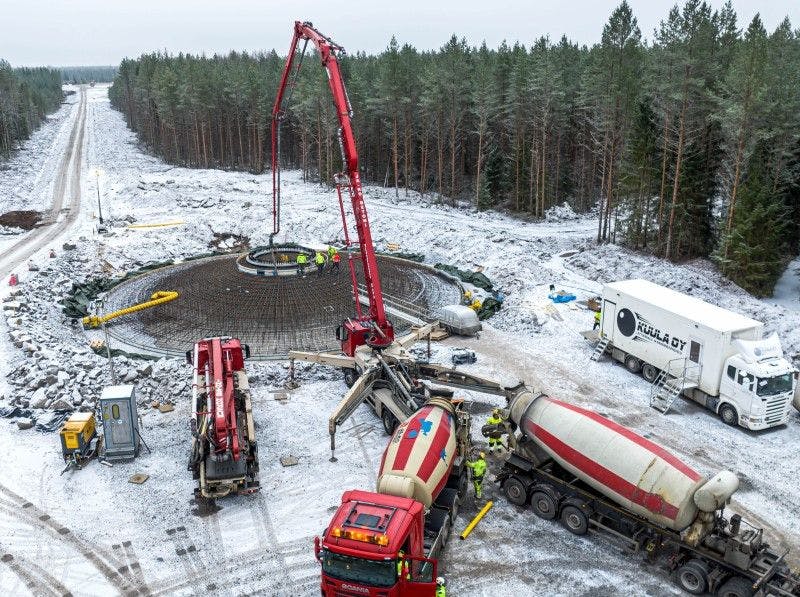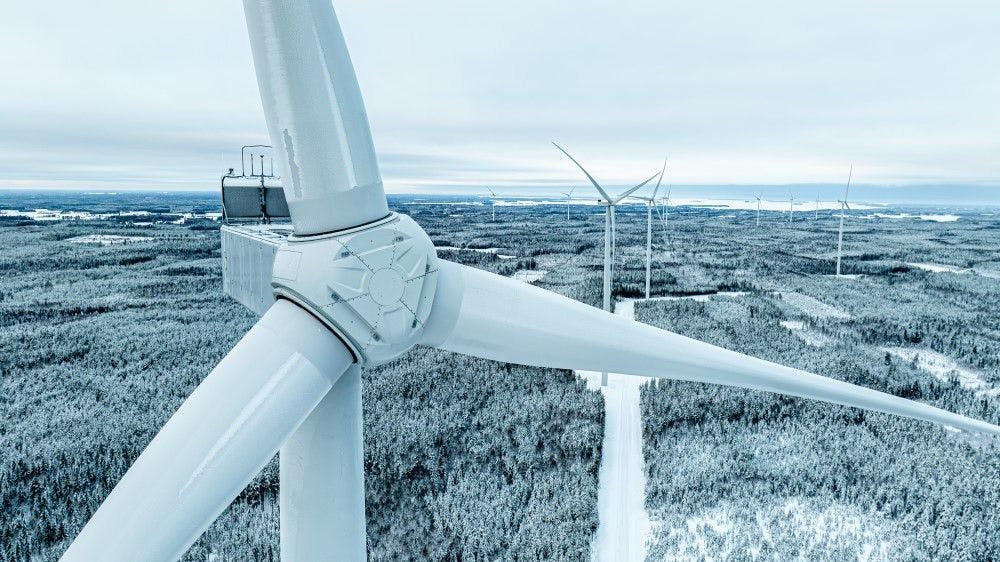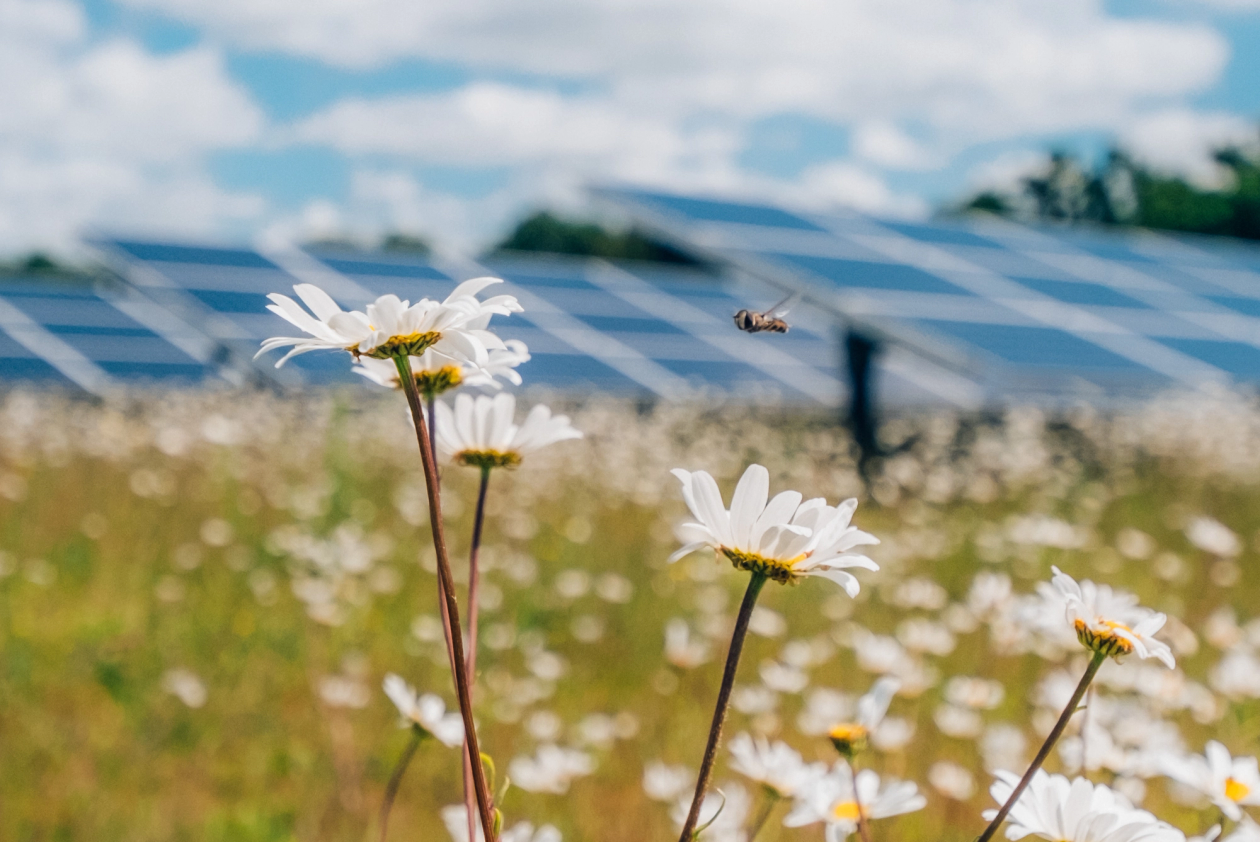Low Carbon registers as an Early Adopter of the world’s leading nature-related disclosure recommendations
By: Laura Conigliaro, Low Carbon ESG Reporting Manager
The risk to the world from damage to our natural environment is enormous. It is essential to take action: for this reason Low Carbon has decided to become an Early Adopter of the Taskforce on Nature-related Financial Disclosures (TNFD).
At Low Carbon, we will continue to use all tools available to identify and assess our exposure to nature-related issues in our business. The TNFD Recommendations are the leading best practice standard for businesses to explore, disclose, and provide transparency on their nature-related risks and opportunities, building the basis for effective action.
We continue to ensure that nature-related risks are a material consideration for Low Carbon. By becoming an Early Adopter, these disclosures will become a key foundation to inform how we implement our sustainability themes to minimise impacts and to restore and enhance nature’s biodiversity across our projects and business operations.
Taking action
To be effective, our action must be informed and directed by how our business materially impacts and depends on nature. At Low Carbon, we work to make a defining contribution to the historic effort to move the world to 100% renewable energy. Our mission will create long-term benefit for people and the planet. But to create lasting impact, we must build at scale and that can mean we affect the nature on a local scale directly at the project site, and indirectly in the places touched by our supply chains. Our goal is to produce as much new renewable energy as possible while limiting our own environmental impact.
Low Carbon will be providing transparency on how we depend, impact, and provide opportunities for nature. As an Early Adopter of the TNFD framework, we have started our journey by mapping nature-related dependencies and impacts across solar and onshore wind technologies and intend to publish our first TNFD Report in 2026, covering 2025 outcomes. As trust is a vital component of the climate fight, we always report on our goals and our business with transparency – this is core to who we are, and it is available annually in our Sustainable Report.
The need for the world to take action is clear: Human activity is causing a dangerous decline in nature. According to the UN Environment Programme, up to 75% of land and 66% of the oceans are significantly altered or exploited.
Our economies, financial systems, and societies are embedded in nature. As a society, we have put value on natural commodities such as water, minerals, trees and our air, but currently we do not value protecting them. Natural capital supports more than half of global GDP, but recent studies of the cost of nature loss put that figure in trillions of dollars by 2030, according to a study by Oxford University’s Environmental Change Institute.

A brighter future – the Anthropocene Era
We live at a time where we know what we need to do to fight climate change and reverse biodiversity loss. Humanity now grasps an extraordinary understanding of the planet, how it functions, and how its habitats and ecosystems are being affected – so much so that our present era is called the ‘Anthropocene,’ citing humanity’s dominant influence on climate and the environment.
With influence comes the power to bring change and we can make choices that influence climate and nature for the better.
We can simultaneously protect nature and build thriving economies. Low Carbon is proud to be an Early Adopter of the Task Force on Nature-related Financial Disclosures, a reflection of our fundamental ethos to balance the needs of the environment and society.


